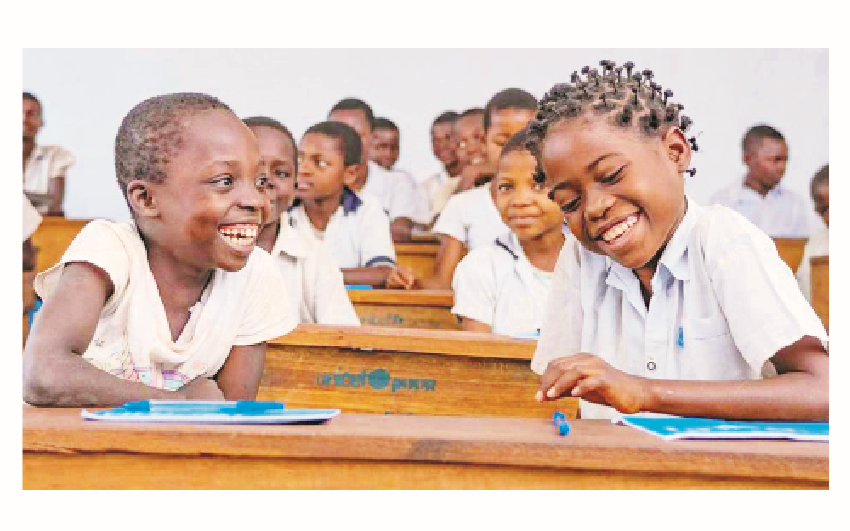Five Must-have Life Skills For Every Child

Figuring out how to manage chores is a good thing, obviously. But, there are more important skills for children to learn while in parents care other than how to fold clothes, wash the cars, and scrub a toilet properly. Kids should be practicing the life skills that will build them into loving, caring, mature adults. Here are 5 must-have life skills for every child.
- Know How To Apologise
Unless your child never does anything wrong, then he or she will get plenty of opportunities to say, “Im sorry.” In our house, we hear apologies almost daily. A sharp word hurts someones feelings. Spilled juice ruins a school project. An ill-timed soccer ball kick causes a black eye. The list of accidents goes on and on. When kids apologize, they demonstrate that they can be tenderhearted. I dont think anyone wants to raise a selfish child. Raising kids who care about peers should be our goal as parents. Teach them how, why, and when to apologize. Model it with them, your spouse, and your friends. Set an example with this must-have skill, and they will follow.
- Give Respect To All Viewpoints.
Remember the golden rule? Pretty much every kindergarten classroom in the country has it posted on the wall. “Treat others the way you want to be treated” is a great lesson, one that Jesus taught in Matthew 7. Treating others well is the foundation of respect and one of the life skills for kids that we must encourage, because it often leads to harmony, unity, and open-mindedness.
- Care For The Less Fortunate.
One of the most fulfilling things Ive done with my kids was driving around town and handing out peanut butter and jelly sandwiches to the homeless. Offering a meal to people who often get overlooked was impactful for my kids. Proverbs 14:21 says, “Whoever despises his neighbor is a sinner, but blessed is he who is generous to the poor.” I want my kids to develop the life skill of not only seeing the less fortunate people around them but being a light in the darkness for them, too.
- Notice When Someones Hurting.
Its obvious when someone is physically in pain. Identifying emotional pain can be much harder. But, when someone is acting socially withdrawn, sighs audibly, chooses isolation over community, communicates less than before, or generally seems disinterested in things that once brought them joy, we should be teaching kids that these red flags need addressing. Your child may be the friend a shy or lonely peer needs.
- Know And Explain Your Worldview.
Do your kids have faith? Do they know why or how to explain it to people who dont share the same outlook? They should, according to 1 Peter 3:15, which says, “Always be prepared to give an answer to everyone who asks you to give the reason for the hope that you have. But do this with gentleness and respect.” Your children have to know what they believe but also why its worth believing.
